The World Bank's Board of Executive Directors recently approved two projects totaling $900 million aimed at bolstering Bangladesh's fiscal and financial sector policies and enhancing urban infrastructure and management. These initiatives are crucial for sustaining growth and improving resilience against climate change and other economic shocks.
The first project, the Second Recovery and Resilience Development Policy Credit ($500 million), focuses on fiscal and financial sector reforms. This includes transitioning from trade taxes to consumption and income taxes to enhance competitiveness and prepare for Bangladesh's graduation from Least Developed Country status. The program also aims to streamline public procurement through the e-GP system, strengthen banking sector oversight, and improve management of National Savings Certificates. Additionally, it seeks to enhance the efficiency and targeting of cash-based social protection programs and scale up investments in climate adaptation and mitigation.
Bernard Haven, World Bank Senior Economist, emphasized the importance of a well-functioning financial sector in facilitating increased investment and improving access to finance, particularly for those outside the formal banking system. The project supports macroeconomic reforms and legislative frameworks aimed at strengthening financial sector stability.
The second project, the Resilient Urban and Territorial Development Project ($400 million), aims to enhance climate-resilient urban infrastructure and management across seven city clusters along Bangladesh's economic corridor. These areas cover over 950 kilometers from Cox Bazaar in the south to Panchagarh in the north. With urbanization projected to rise to 60% by 2050, the project addresses the challenges posed by rapid urban growth, particularly in Dhaka, one of the world's most densely populated cities. By developing climate-resilient infrastructure in secondary cities, the project aims to absorb climate migrants and alleviate congestion in major urban centers.
The initiative emphasizes coordinated infrastructure investments and planning across city clusters to foster sustainable growth, enhance rural-urban linkages, and strengthen food supply chains. It includes improving connectivity through road upgrades and bus terminals, enhancing tourism facilities, and incorporating green building features such as rainwater harvesting. Kwabena Amankwah-Ayeh, World Bank Senior Urban Development Specialist, highlighted the project's role in creating new opportunities and jobs while building resilience to climate change.
Overall, these projects underscore the World Bank's longstanding commitment to supporting Bangladesh's development since its independence. With approximately $41 billion in grants and interest-free credits committed to date, the World Bank continues to be a key partner in Bangladesh's journey towards sustainable growth and resilience against global challenges.



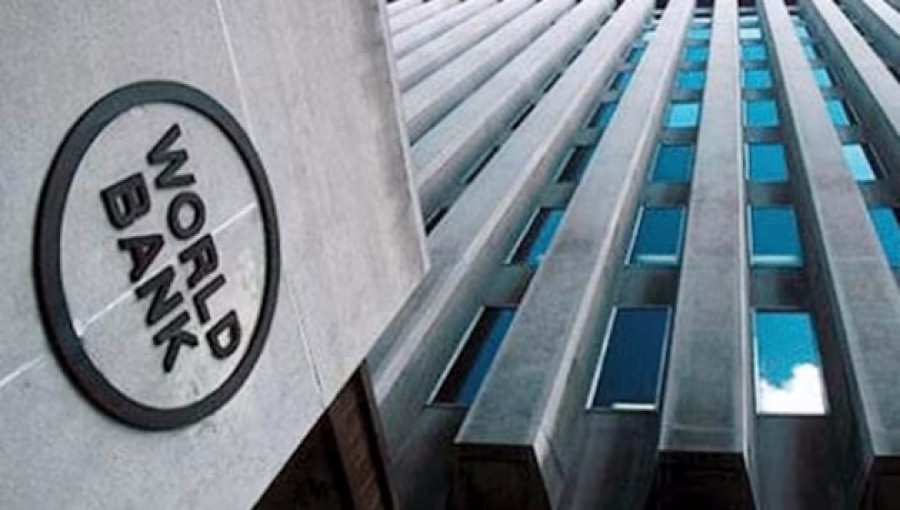





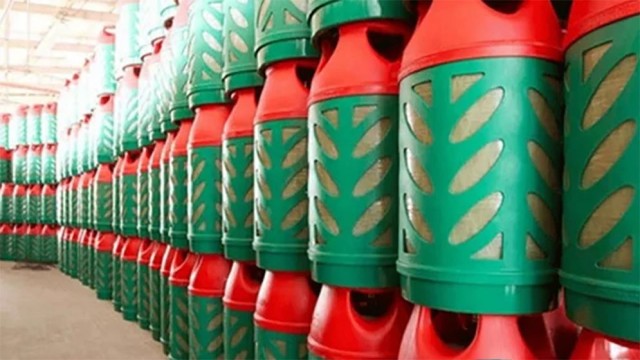
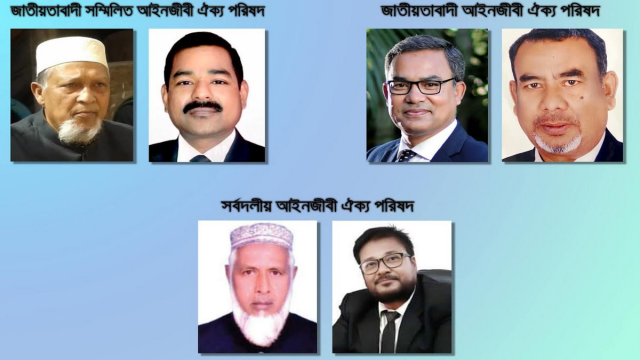
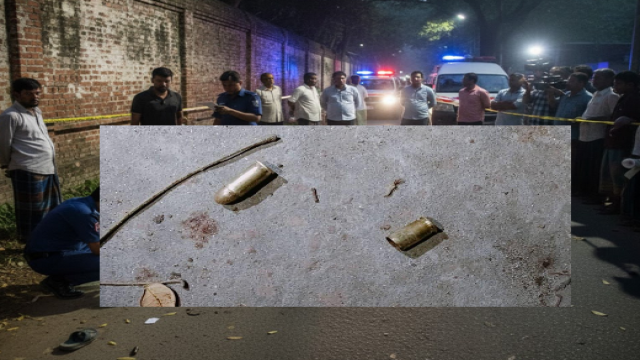
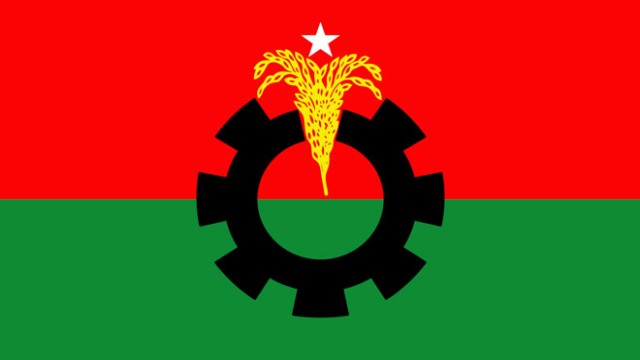
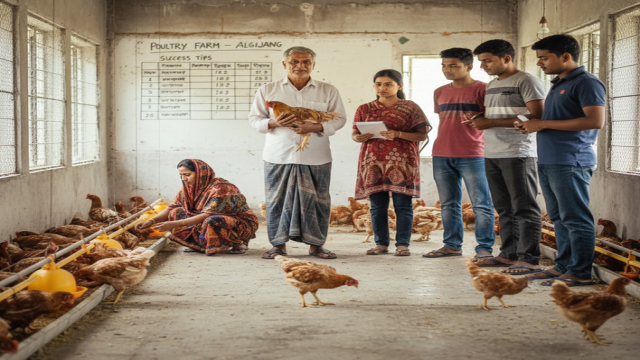



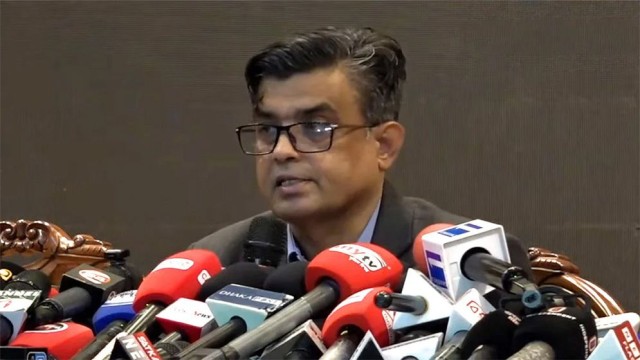

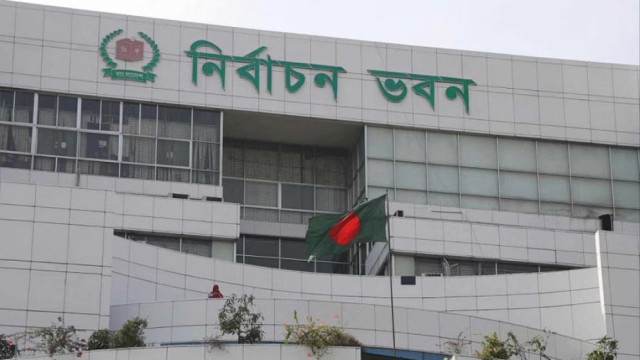










Comment: